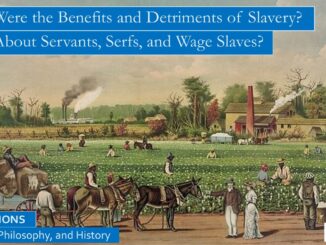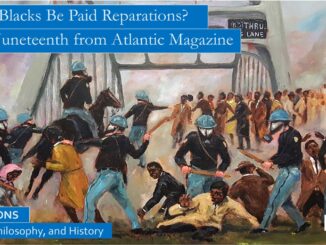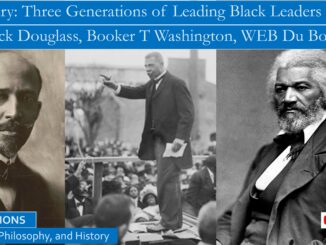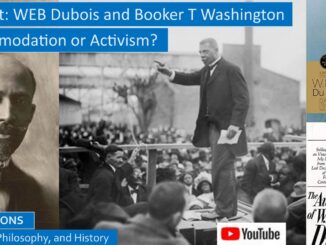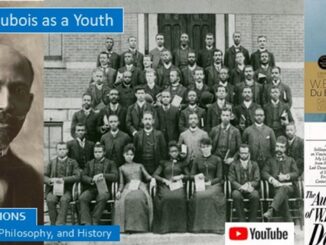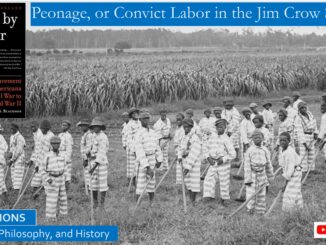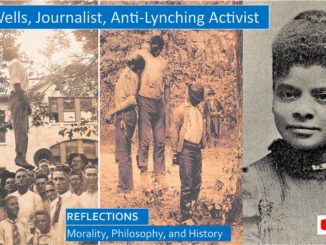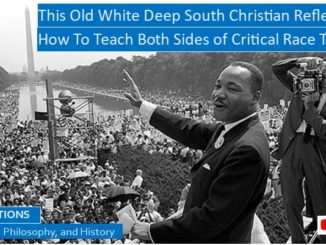Theodore Roosevelt was not a man bound by class, which can be seen in the composition of the Rough Rider volunteer regiment unit he organized to fight in the Spanish American War. The newspaper publicity hyping his heroic charge leading his Rough Rider regiment up San Juan Hill made him a household name, eventually propelling him to the Presidency.
Roosevelt, like his distant cousin Franklin, was a member of the patrician class, which meant that, of course, he attended Harvard University. After serving in the New York State Legislature, Roosevelt was devastated when both his beautiful young wife Alice and his mother passed away on the same day, just two days after the birth of his daughter, also named Alice. For solace, he purchased a cattle ranch in North Dakota, developing many friendships among the rough riding cowboys in this western state. His rough rider recruits were an unlikely mix of wealthy blue-blooded aristocrats and rough and ready cowboys from the Badlands.
Roosevelt’s Rough Riders were not the only regiment charging up San Juan Hill, history books often do not mention the role of the colored regiment Buffalo soldiers in the Spanish-American War. During the war Roosevelt was chided for fraternizing with the enlisted men, this criticism makes more sense if he fraternized with both his Rough Riders and the Buffalo soldiers, which have an interesting history of their own. […]
